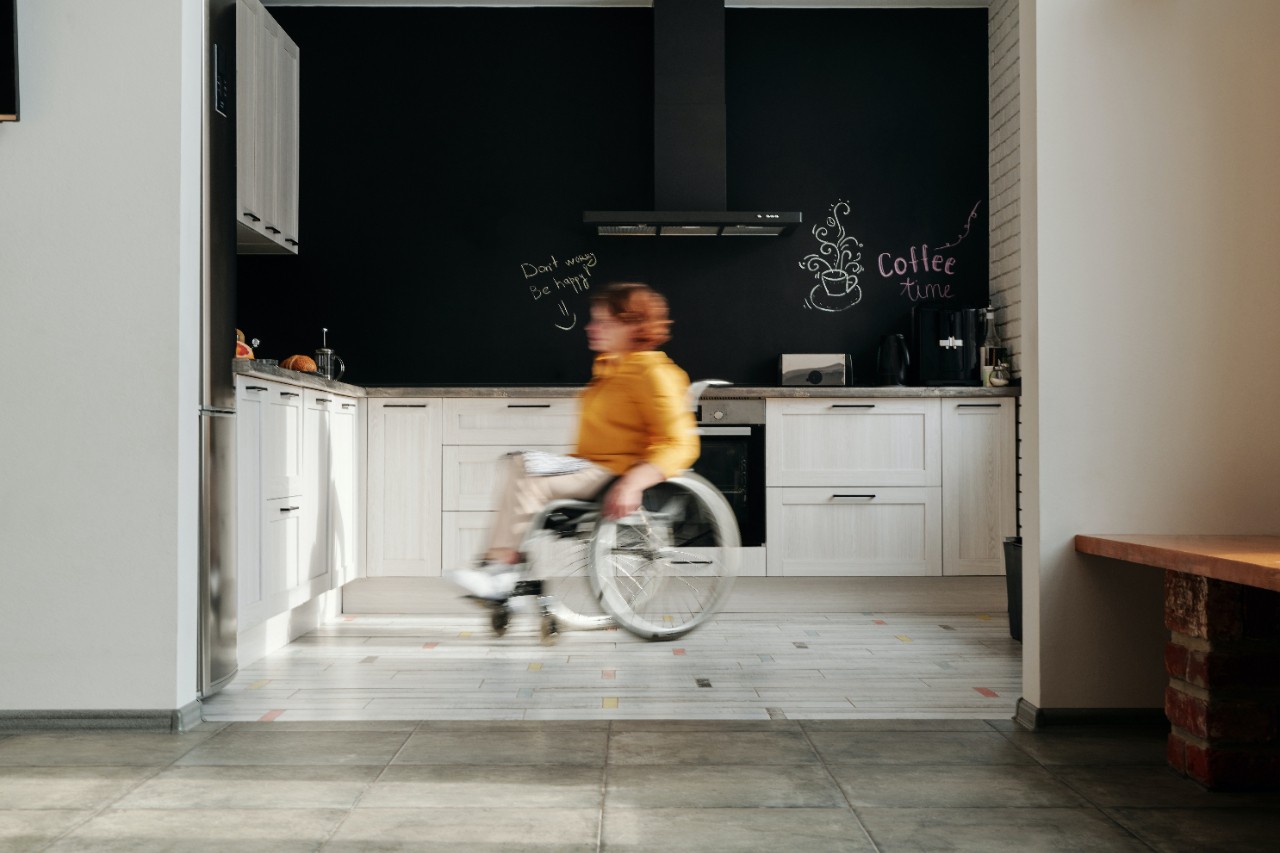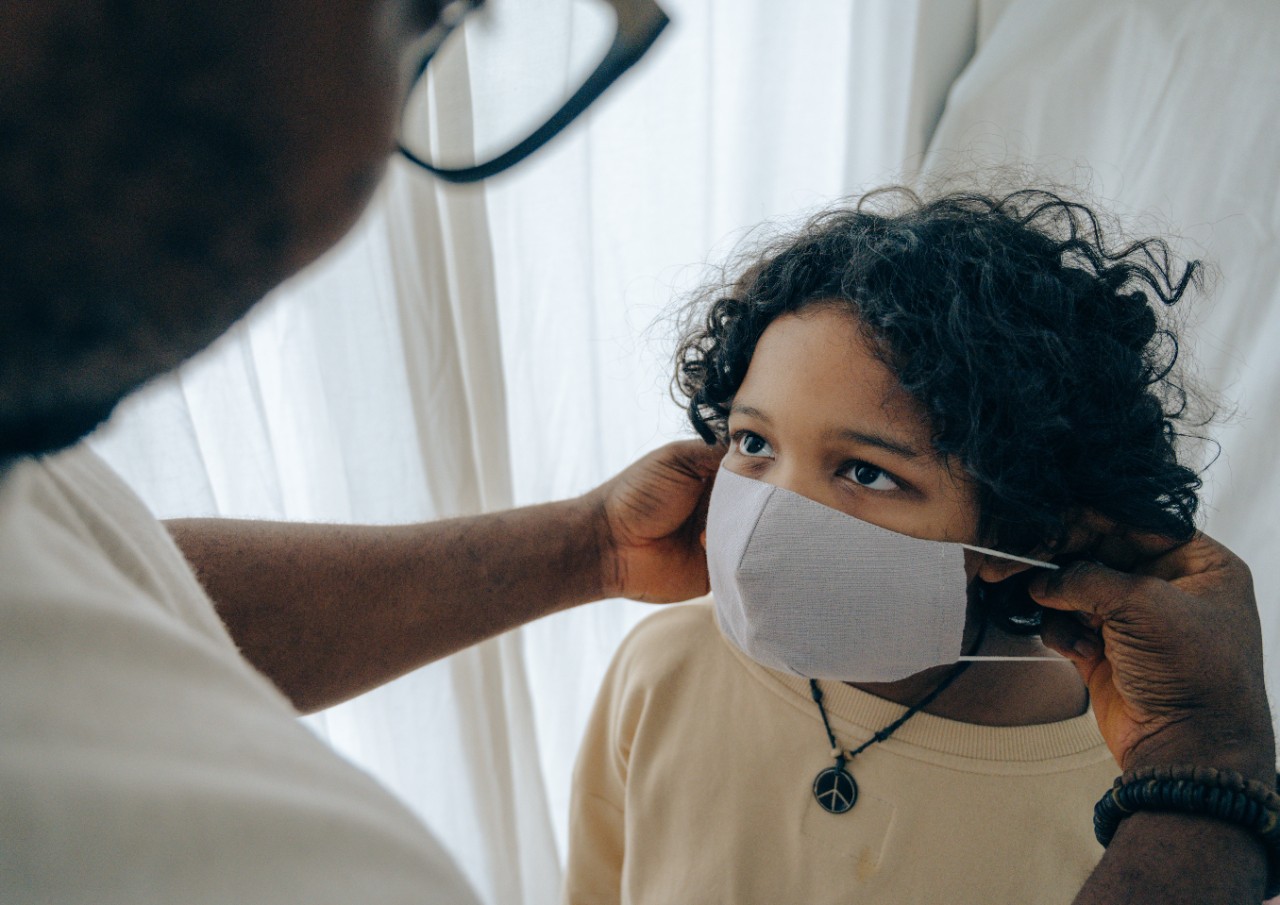When you speak to an American, they’ll tell you their healthcare system, whilst filled to the brim with premiums and co-pays, is one of the best in the world. Yet, as someone living in England, the American healthcare system seems like a terrifying ordeal. This feeling has increased as the Health and Care Bill was passed in Parliament. A bill that will allow the NHS to be split into 42 separate boards with a private company at the helm deciding on what will get funding. Surely we shouldn’t be going down the privatisation route?
COVID-19 exposed the fact that the American health system is failing at a basic level. With healthcare workers suffering abuse and quitting in droves, and marginalised communities shut out of care, you're left wondering: isn't there a better way?
In America, healthcare insurance usually comes with a high premium. If you have a pre-existing condition like cystic fibrosis, diabetes, or some form of chronic pain, that cost is exponentially higher. Although you are expected to have health insurance in 2020, “8.6 per cent of people or 28.0 million did not have health insurance at any point during that year.” According to a report by the United States Census Bureau

The impact of an unfair system
Healthcare extends far beyond A+E visits. It affects things like your access to things like electric wheelchairs, or pain management. Private healthcare can make getting hold of these vital things difficult. This difficulty only increases if you are poor, black, Asian — or of any ethnicity that isn’t white. Things are equally challenging for those with disabilities, those with a lower income, and the unemployed: all groups that tend to have more health problems.
Unequal access also affects quality of care.
For example, under the Medicare policy for replacing mobility equipment, “Medicare will only replace it if you have had the item in your possession for its whole lifetime.... never less than five years from the date you began using the equipment,” according to medicare interactive.
The five-year ruling means that a wheelchair cannot be replaced until it reaches five years old, forcing some to “Hold it together with duct tape and wire.”
Not having mobility aids can increase social isolation in a community, decrease work opportunities, and of course, it’s dangerous. These kind of scenarios only got worse during the COVID-19 pandemic.
“The pandemic cast a bright light on racial disparities and inequities that had been swept under the rug for decades. Compared to whites, minorities are more likely to be living in poverty, to be uninsured, to have lower-wage jobs, higher unemployment rates, and are less able to work from home while sheltering in place. Although about 12% of the population, African-Americans accounted for almost one-quarter of COVID deaths.”

And that’s just the tip of the iceberg. If the system is upheld during a still-raging pandemic, it’s likely to kill off vast numbers of communities, all while denying their basic human rights.
Colleen Jones, a co-founder of Lilly’s pet Rescue in California, told me about her experience with American healthcare. “The biggest problem for myself and many other Americans is obtaining proper pain medication. I am fortunate that I have found a doctor who is willing to prescribe what I need, and he fights the Feds for me. I have Chronic Pain Syndrome and have been on heavy pain meds since 1991. I'm okay now, but after we moved two hours away to another city, I had big problems finding a doctor to help me and almost had to be hospitalised because of withdrawal. Unfortunately, too many people were not as fortunate as me, and they were either left in terrible pain or resorted to suicide because the pain was too much to bear.”
“I have a great number of friends who depend on state coverage, which is poor at best — especially with mental health issues. This state coverage is actually better (haha) than in the Red (Republican) states, as many of them do not provide any help at all.”

Adding to mental health problems
Colleen’s statements also reveal the heartbreaking state of mental health treatment in the US. According to SAGE “The US mental health care system criminalises many with mental health conditions, with many mentally ill patients ending up in jail, often without treatment.” Medical advancement is limited, with insurers discouraging care to save on costs. A sentiment agreed upon by Harvard health publishing.
On top of this, treatment may be denied or delayed due to health insurance providers’ disagreements with doctors — often forcing them to find cheaper treatments at a patient’s expense.
Lessons from successful healthcare models
Considering the number of problems private healthcare has caused for everyday Americans, many are looking for alternative models. According to a Reuters survey, 70% of the population supports Medicare-For-All for example.
It’s worth learning everything we can from countries that have found success with their health care systems.

Germany for example has a robust system for treating mental health issues. In a post for StripesEurope, Dr Eileen Wollburg says Germany “leads Europe (in mental health care) … by providing financial support for patients, access to healthcare services, help to find or stay in work, outreach programs, and awareness campaigns.”
“If inpatient psychological treatment is required, two options exist: psychosomatic clinics — which treat depression, anxiety, obsessive-compulsive disorder (OCD), and eating disorders, for example — and psychiatric hospitals. Both of these can exist as stand-alone clinics or as wards of general hospitals.”
In fact, according to The Commonwealth Fund, 86% of people are “Is en-rolled in statutory health insurance.” (The free healthcare option instead of the private one.)
Another issue in American healthcare is chronic pain, which is typically treated with opioids first, increasing the opioid epidemic in the country. Paige Cerulli for Pain Resource states the importance of different treatments. “chronic pain patients should have better access to pain relief and health care than U.S. citizens have. Places such as Canada, Switzerland, and Singapore offer universal health care. This helps to remove barriers for chronic pain patients who wish to seek medical treatment.’
‘Patients with chronic pain may put off treatment. This is especially true if they don’t have health insurance or if they don’t have the funds to cover costs. But even with health insurance, some potentially helpful treatments such as osteopathic options or acupuncture may not be covered. This puts a barrier between patients and the medical care they need.”
On top of this, “Europe also incorporates complementary and alternative medicine for pain management. National health care systems reimburse these approaches when administered through a patient’s primary care. Treatments such as massage therapy and physical therapy are frequently used. This combination can lead to an increased quality of life for pain patients.”

Moving forward
Better healthcare alternatives are agreed upon by experts around the world. If countries want a better healthcare system, one that can cope with COVID-19 and other healthcare pressures that will likely unfold over time, we need to adopt an approach that provides a public option or is entirely universal.
Removing economic and mobility barriers to healthcare would enrich the population in all areas: more people would be able to work, be a part of the community, and not have to argue with their provider. Plus, thousands of predominantly minority groups wouldn’t needlessly die because of an out of date, for-profit systems. Systems which unfairly decide who should live or die.
As an outsider looking in: models like this are an exercise in extended cruelty, treating healthcare like it isn’t essential, like it doesn’t benefit employment, infrastructure, and life expectancy — saving the country trillions of dollars. Having to beg providers and raise funds through lemonade stands is dehumanising: health is a fundamental human right. This should stand as a cautionary tale as to why profits and healthcare should never mix.
You can donate to several top performing charities working on different solutions to universal healthcare below.





